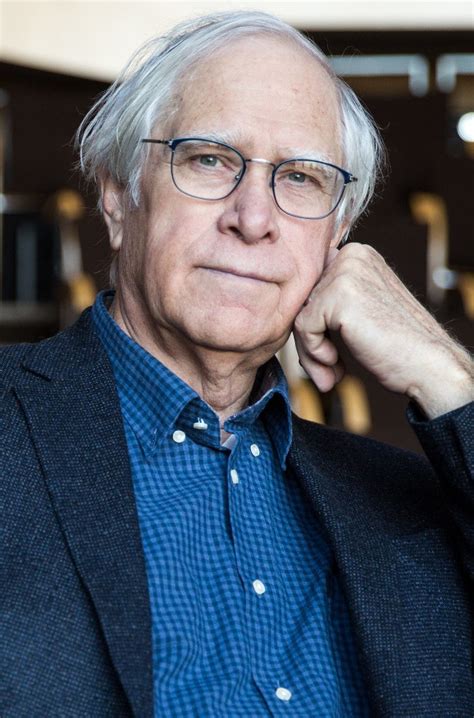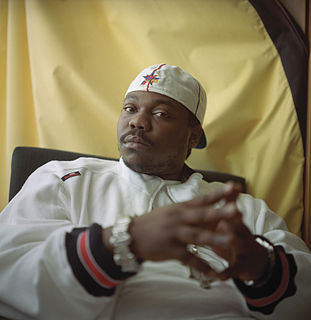A Quote by Marianne Williamson
There are other kinds of emotional pain that emerge from our own mistaken thinking. As we surrender that pain, we are inviting into our thought system a guide who will lead us to different thoughts. It’s like the song “Amazing Grace”: I was blind and now I see.
Related Quotes
It is our own pain, and our own desire to be free of it, that alerts us to the suffering of the world. It is our personal discovery that pain can be acknowledged, even held lovingly, that enables us to look at the pain around us unflinchingly and feel compassion being born in us. We need to start with ourselves.
Perhaps the most difficult task for us to perform is to rely on God’s grace and God’s grace alone for our celebration. It is difficult for our pride to rest on grace. Grace is for other people—for beggars. We don’t want to live by a heavenly welfare system. We want to earn our own way and atone for our own sins. We like to think that we will go to heaven because we deserve to be there.
Facing the darkness, admitting the pain, allowing the pain to be pain, is never easy. This is why courage - big-heartedness - is the most essential virtue on the spiritual journey. But if we fail to let pain be pain - and our entire patriarchal culture refuses to let this happen - then pain will haunt us in nightmarish ways. We will become pain's victims instead of the healers we might become.
About 2500 years ago Aeschylus, the Greek playwright, wrote, He who learns must suffer. And even in our sleep, pain that cannot forget falls drop by drop upon the heart and in our own despair, against our will, comes wisdom to us by the awful grace of God. These remarkable photos and the stories that accompany them should be on billboards from sea to shining sea, so the pain and suffering they represent might fall drop by drop upon the American psyche and against our will, by the awful grace of God, wisdom might come to these United States and her foreign policy.
There is a kind of dictatorship that can come about through a creeping paralysis of thought, readiness to accept paternalistic measures by government, and along with those measures comes a surrender of our own responsibilities and therefore a surrender of our own thought over our own lives and our own right to exercise the vote. The free system gives the right to every citizen to do something for himself. Because he has the right, the opportunity is always there.
Grief does not end and love does not die and nothing fills its graven place. With grace, pain is transmuted into the gold of wisdom and compassion and the lesser coin of muted sadness and resignation; but something leaden of it remains, to become the kernel arond which more pain accretes (a black pearl): one pain becomes every other pain ... unless one strips away, one by one, the layers of pain to get to the heart of the pain - and this causes more pain, pain so intense as to feel like evisceration.
This is the amazing story of God’s grace. God saves us by His grace and transforms us more and more into the likeness of His Son by His grace. In all our trials and afflictions, He sustains and strengthens us by His grace. He calls us by grace to perform our own unique function within the Body of Christ. Then, again by grace, He gives to each of us the spiritual gifts necessary to fulfill our calling. As we serve Him, He makes that service acceptable to Himself by grace, and then rewards us a hundredfold by grace.
Finding a way to extend forgiveness to ourselves is one of our most essential tasks. Just as others have been caught in suffering, so have we. If we look honestly at our life, we can see the sorrows and pain that have led to our own wrongdoing. In this we can finally extend forgiveness to ourselves; we can hold the pain we have caused in compassion. Without such mercy, we will live our own life in exile.
As an individual with my own hurts, I go into the Garden (Gethsemane) as often as I need to. There I identify with the pain in the other, with my part in that pain, my part in tempting someone to wound me. I experience the other's pain, and God's pain, and am devastated - because their pain becomes my own. Feeling such anguish, I can forgive, or deeply repent, either for myself or on behalf of the other.


































